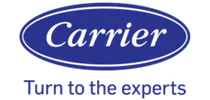Specials
$49
Heating
Inspection
For Every Inspection We Donate 100% Of The Proceedings to Toys For Tots
*Up to $5,000. Cannot be combined with any other offers and discounts. Does not apply to dispatch cost.
Specials
$50 OFF
Any Plumbing Service
Cannot be combined with any other offers or used on prior service. Coupon must be presented to tech at time of service.
Specials
New
Cooling & Heating Installation: No Interest / No Payment Plans available. Consult your Comfort Advisor for details.
Cannot be combined with any other offers or used on prior service. Coupon must be presented to tech at time of service.
Improve Your Home’s Indoor Air Quality
When people think of pollution, they tend to think of the outdoors. But indoor air pollution is actually more dangerous because it is more concentrated. These pollutants can cause a wide range of respiratory issues, and some studies have linked indoor pollutants to the onset of allergies and asthma. People who have respiratory conditions often experience intensified symptoms, and anyone can experience the fatigue, headaches, dry nose, itchy eyes and other issues that pollutants can cause.
Another issue with poor indoor air quality is that it fosters an environment in which bacteria and viruses can thrive. Illnesses are more easily transmitted and thus more prevalent. Other biological contaminants that can be problematic include dust, dust mites, pet dander and pollen. Poor indoor air quality can also lead to higher moisture levels, which can result in mildew and even the growth of toxic mold.
-
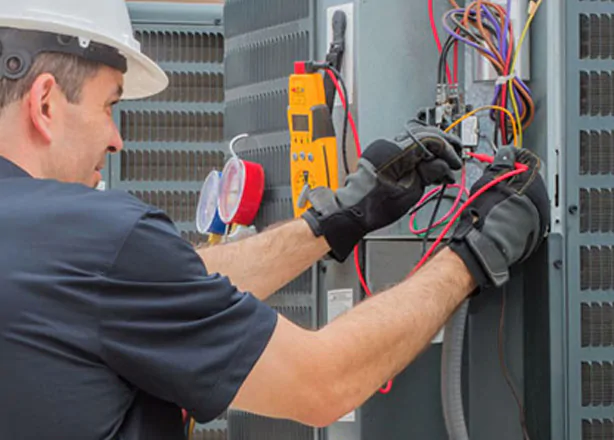
HVAC Maintenance
Seasonal HVAC maintenance extends the life of your equipment and helps minimize your monthly heating and cooling costs. Your HVAC system also plays an important role in ventilation and humidity and thus indoor air quality. Scheduling a regular inspection and cleaning not only saves you money over the long term but helps ensure that your HVAC system is not a cause of indoor air pollution.
-
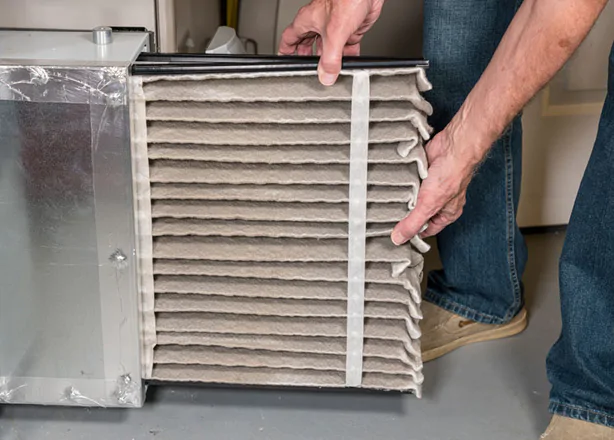
Air Purification
The bottom line is that the air inside your home will not be cleaner than the air outside it unless you have some form of mechanical air cleaning. Christian recommends a whole-home air purifier. These units are integrated into your existing heating and cooling system and will clean the air before it enters the living spaces. These units can remove dust, dander, pollen, mold spores and much more.
-
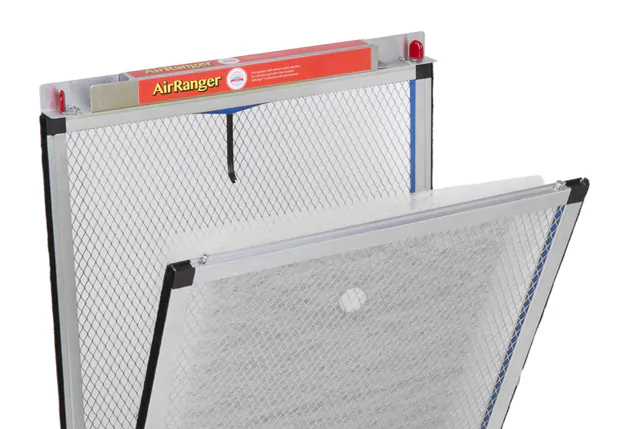
Home Air Filters
Regularly changing your air filters is essential to keeping dust and other contaminants out of your HVAC system. The general advice is to change them out every three months, but it is best to inspect them visually each month and change them whenever dust accumulation is visible. You may also want to consider a whole-house air cleaner, such as the AirRanger system. It integrates into your existing HVAC air filtration system and is able to trap dust, pollen, pathogens, and much more.
-

Air Scrubbers
Air scrubbers are a newer technology that were originally developed as a NASA project for the International Space Station. These systems use germicidal ultraviolet light that “scrubs” the air through a catalytic process. An air scrubber can remove many of the same contaminants that an air purifier can. But it can also remove many additional contaminants, such as volatile organic compounds.
-
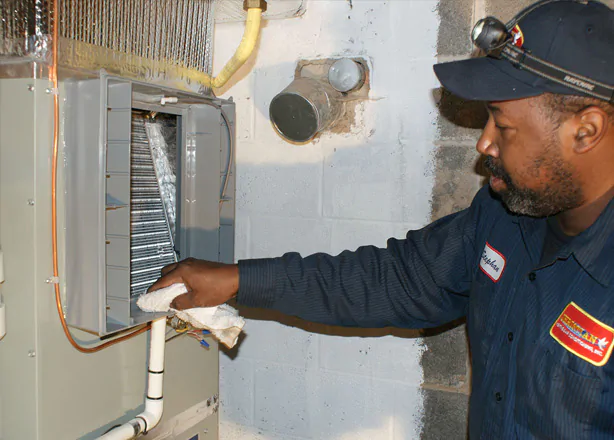
Humidifiers
With winter comes dry air, and even drier air can be a byproduct of heating your home. Dry air leads to static electricity, but it can also result in a wide range of health issues related to your skin, hair and respiratory system. Modern humidifiers for the home generally use steam. They are easily integrated into the home heating system and add moisture to the air before it enters the living spaces.
-
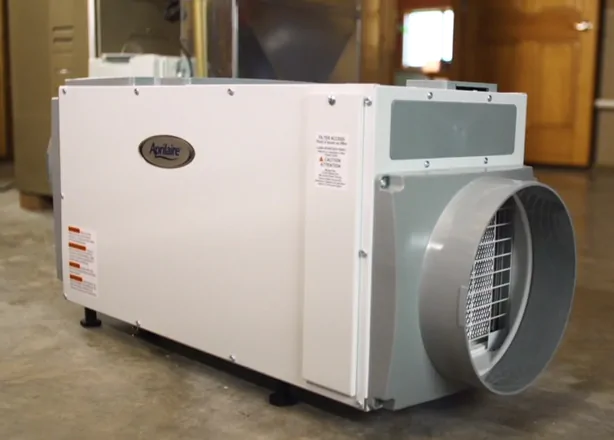
Dehumidifiers
Summer brings with it higher and often uncomfortable humidity levels. Your air conditioner does remove moisture from the air as part of cooling it but can struggle to reach an ideal relative humidity when levels are high. A dehumidifier will work in tandem with your air conditioner. It not only makes your home more comfortable but results in your AC not working as hard and thus lasting longer.
Improve Your Home’s Indoor Air Quality
The first step in optimizing indoor air quality in your home is ensuring that you have dust under control. It is recommended that you dust your home each week and vacuum using a HEPA filter bag. It is also important to ensure that you are not inadvertently introducing contaminants, such as household cleaners and deodorants. Change HVAC air filters as needed based on visual inspection. Groom your pets as much as is necessary to control dander. Ensure that you have adequate mechanical ventilation, and when practical, open your windows for improved natural ventilation. Christian also recommends seasonal maintenance of your heating and cooling system and regular duct cleaning as well.
For Better Air Quality
- Change Air Filters
- Open Windows
- Clean Registers
- Clean Ducts
- Clean Floors
- Groom Pets
- Clean Fans
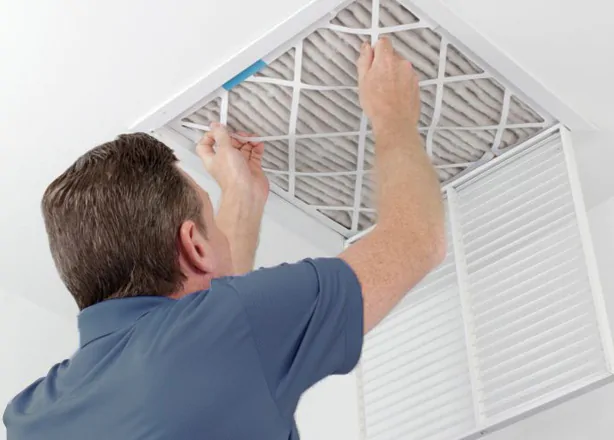
What Is Indoor Air Quality?
Christian Heating & Air Conditioning is a family business committed to helping our customers breathe the cleanest air possible in their homes. The EPA warns that indoor air pollution is a serious health risk and advises residents to take steps to improve their indoor air quality. Indoor air pollution can worsen symptoms of allergies, asthma and other respiratory ailments. In otherwise healthy people, it can cause fatigue, headaches and dizziness and lead to irritation of the nose, eyes and throat. Anyone interested in improving the air quality in their homes should contact Christian. Our IAQ experts can perform an in-home assessment, answer any questions that you may have and help you explore your options.
Get Help From the Pros at Christian


